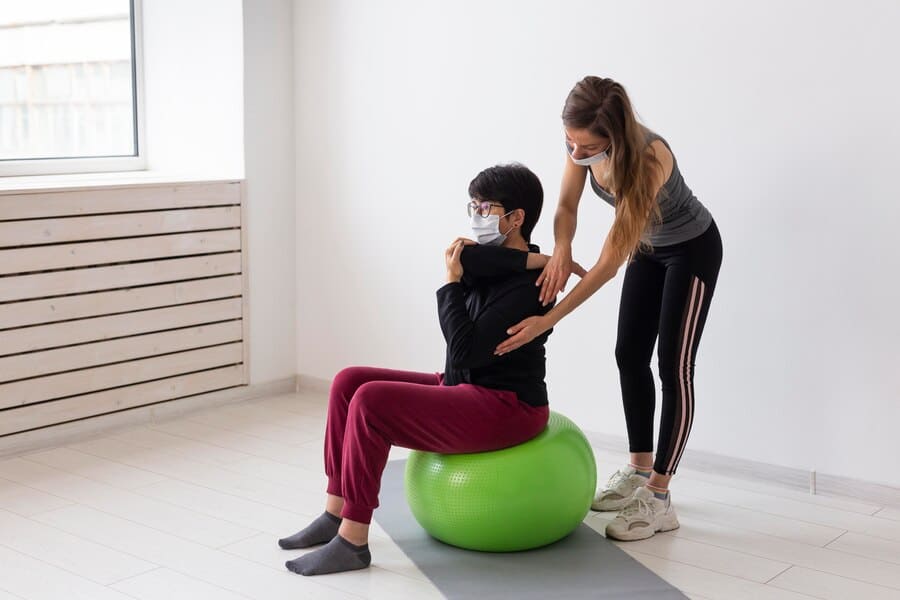Recent Services
- Otology
- Cochlear and Hearing implants
- Nose and Sinus (Rhinology)
- Voice and Throat (Laryngology)
- Dizziness and Vertigo (Neuro-otology)
- Children (Paediatric) ENT
- Snoring and sleep-apnea
- Head and neck cancer
- Thyroid swelling
- Head neck swelling
- Nasal Allergy- Allergin rhinitis
- Difficulty in swallowing
- Difficulty in breathing

Dizziness and vertigo can significantly impact daily life, often stemming from inner ear disorders or central nervous system issues. Conditions like benign paroxysmal positional vertigo (BPPV), Meniere's disease and vestibular migraines are common culprits. We conduct comprehensive evaluations, including detailed patient history, physical examinations, and advanced diagnostic tests like vestibular assessments and imaging. Our tailored treatment plans may involve vestibular rehabilitation therapy, medications and lifestyle adjustments to effectively manage symptoms. Our goal is to identify the underlying cause and provide targeted interventions to restore balance and enhance your quality of life.





